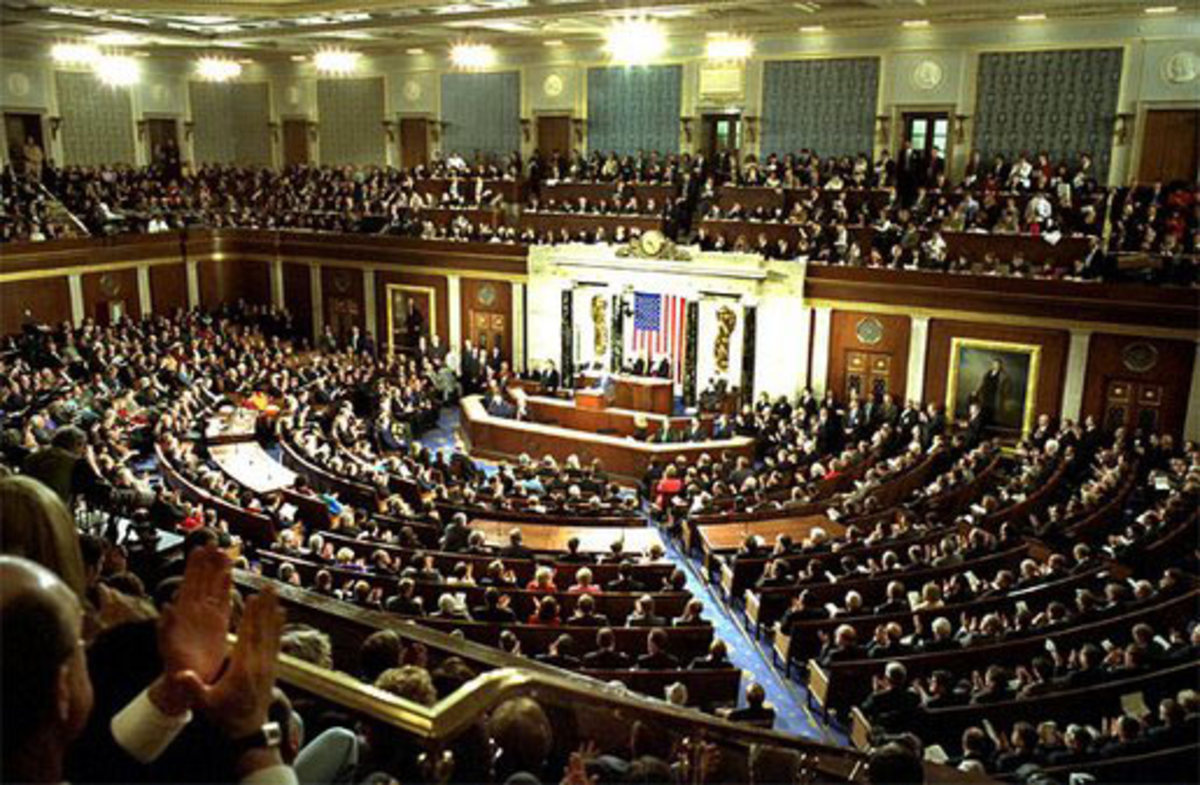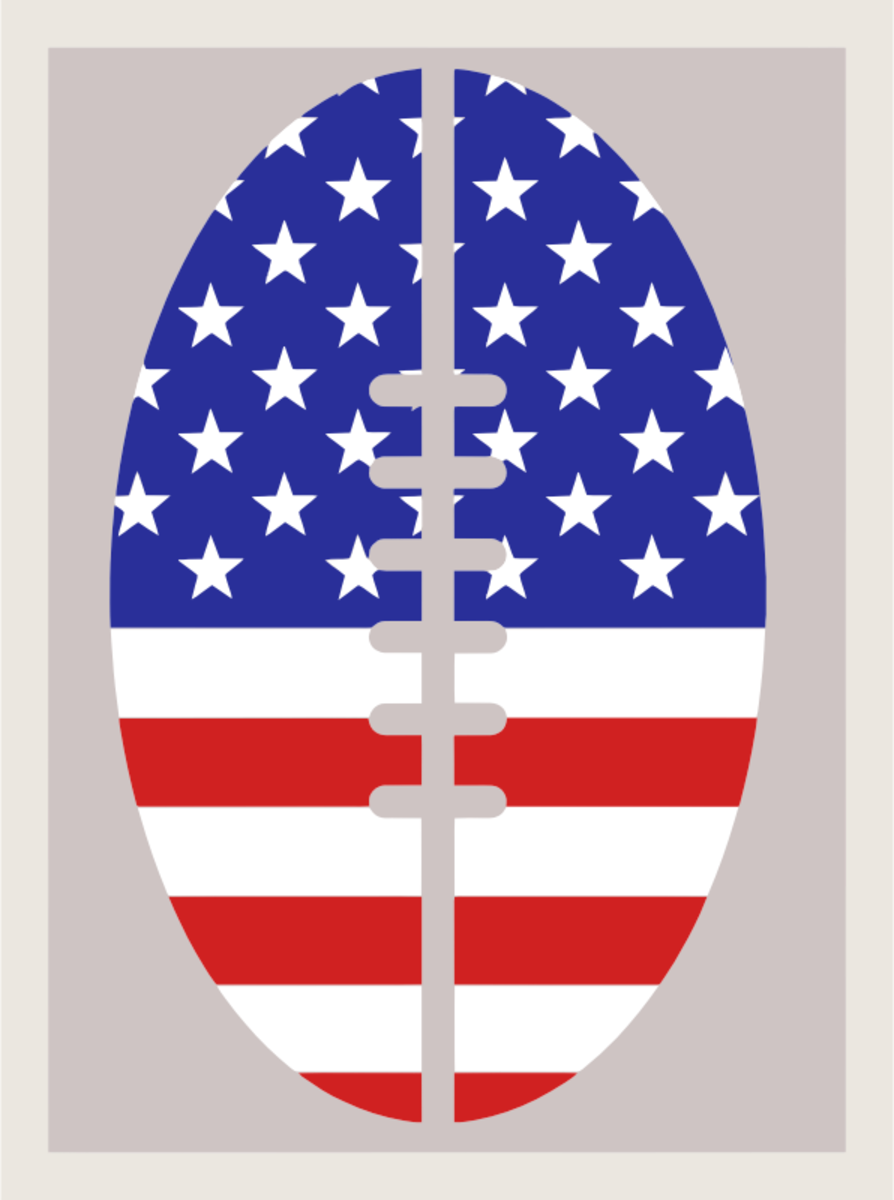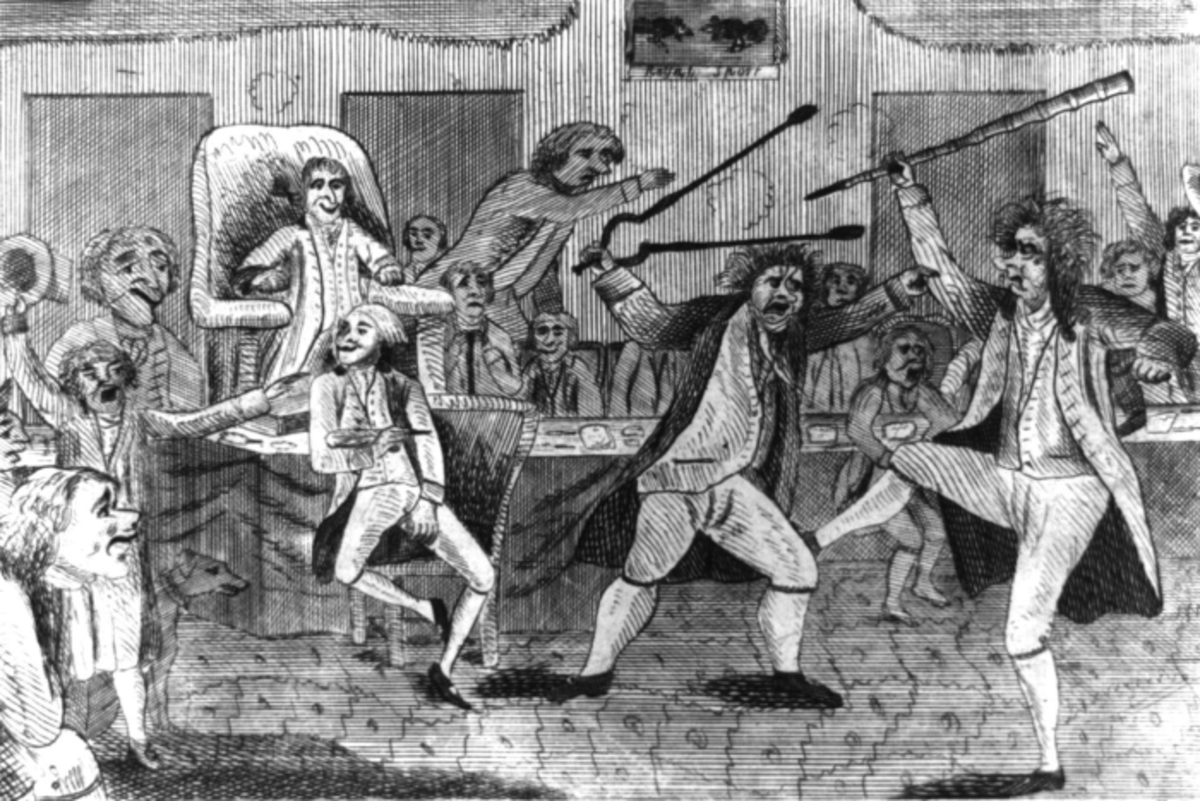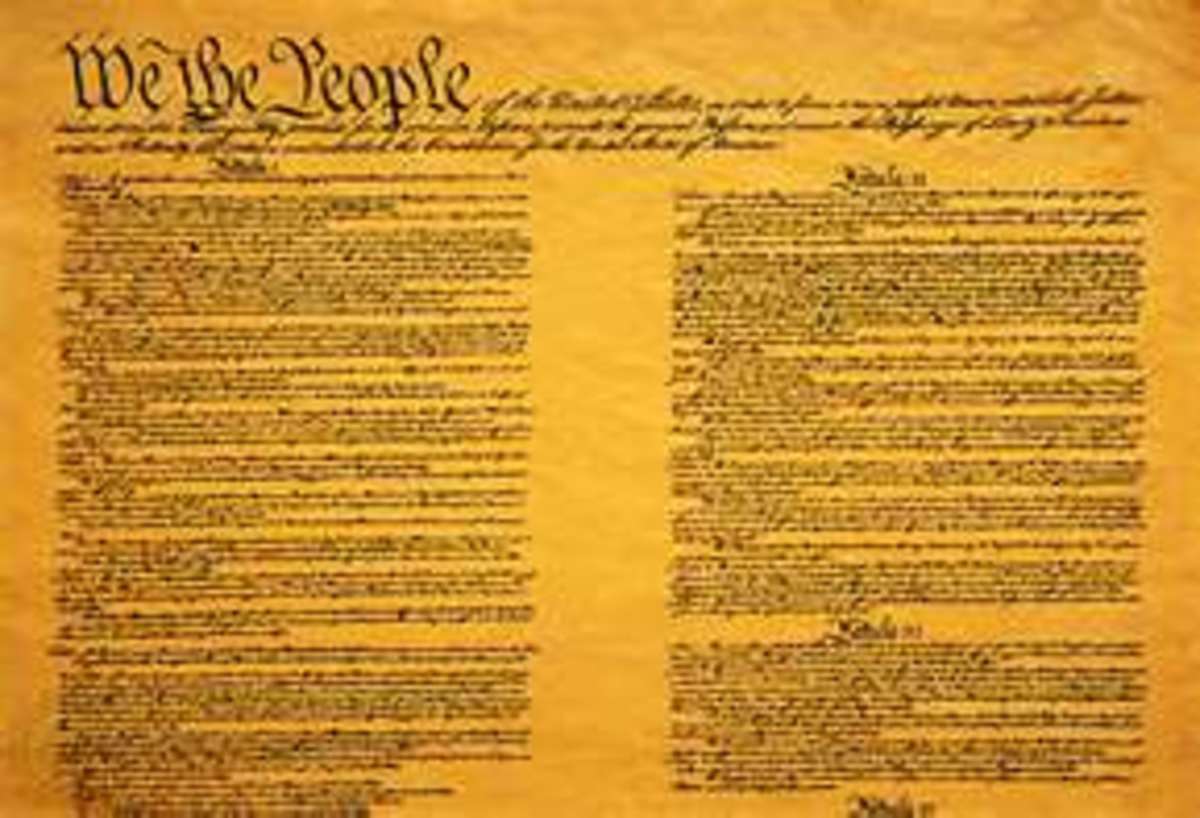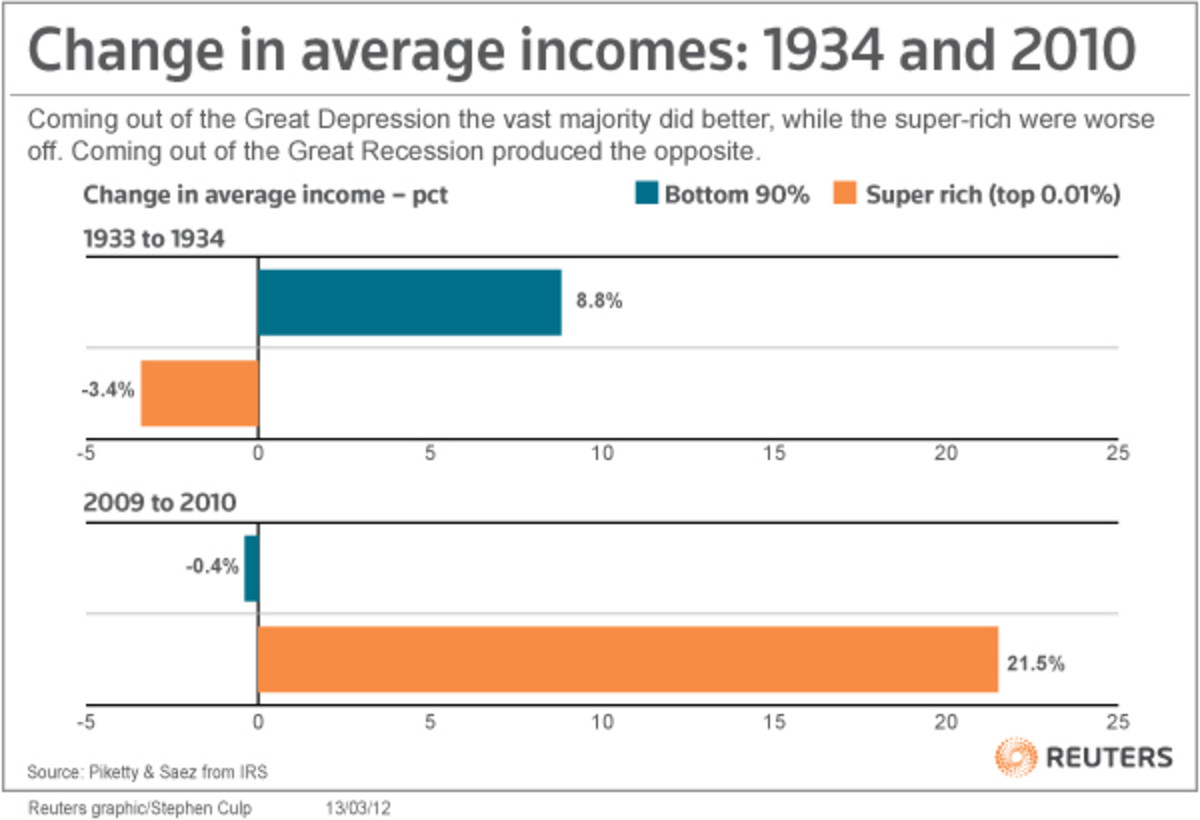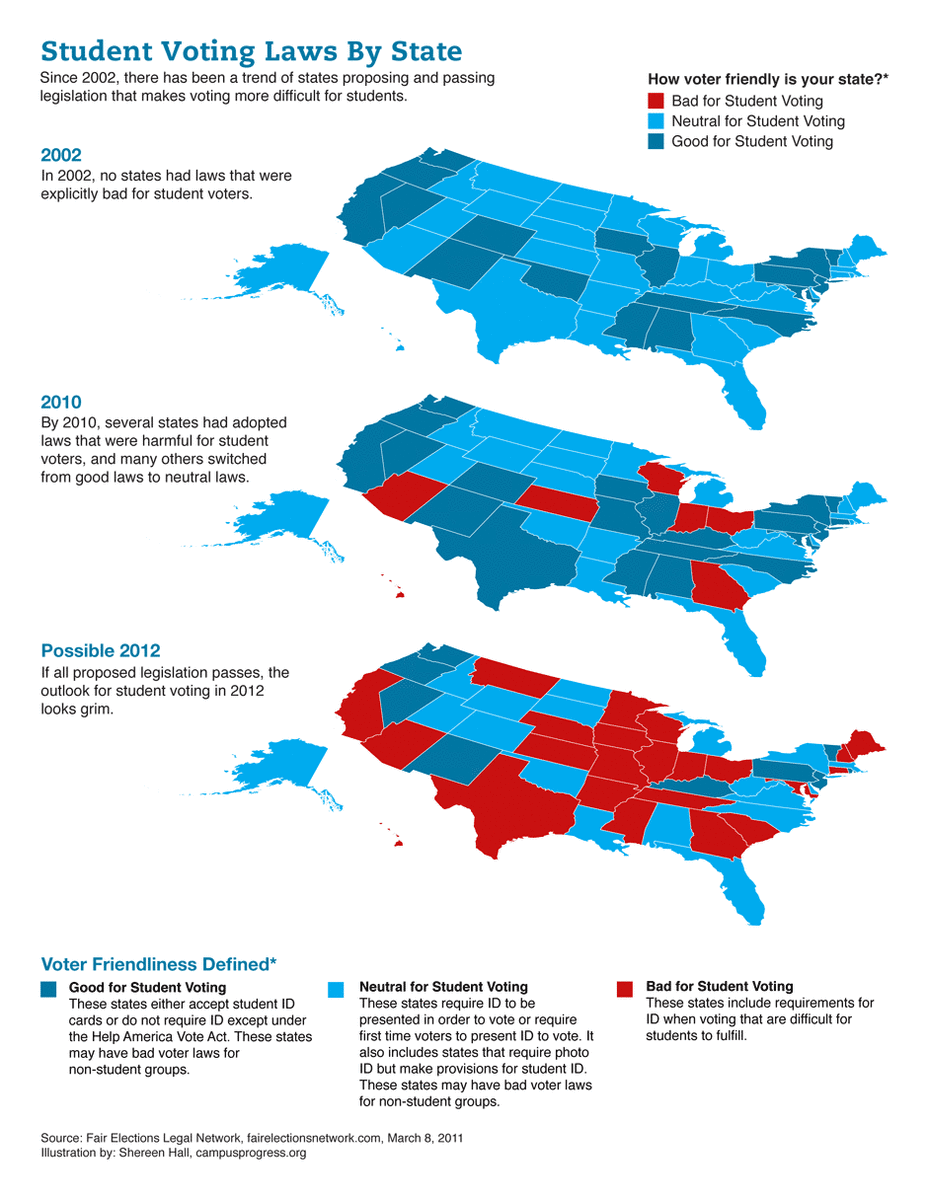How the Legislative Branch create Law
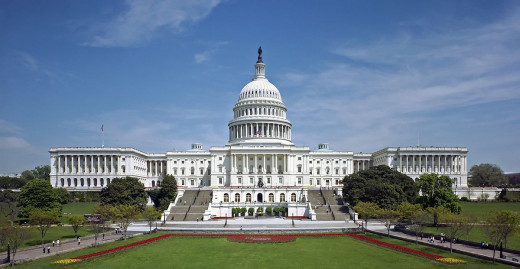
If you’re like me… you’re a nerd, is it just that simple. And when you don’t understand something, you research it and try your best to gather as much evidence or information upon a subject that intrigues your mind.
Which is why understanding how a law is construed and constructed helps you understand how your government; the legislative branch, works.

Media Coverage
Before reading, think first… what does congress even do? Perhaps you might think of the media-backed answer…
- That of bickering men and women who try hard to push their agenda but always fail.
- Or… it could be the “GOP” party (Grand Old Party) fighting against the “Democratic” party as both sides hold different beliefs and standards to what the United States should be.
- Perhaps it could be our Senators, Representatives or any officials of the government arguing with ones another with no result as they consume time.
So, with these in mind. We open the interior interworking of the House of Representatives and Senate.
****************** Proposal
An idea of a law; either in the Senate or the House of Representative. This could be from any one as is it just a “Formal Idea” that would then be put before the GOVERNING BODY for CONSIDERATION.
- These proposal could come from any Representatives or Senators.
- Anyone can even propose a bill, although this is significantly harder as you would need public supports, fundraising, awareness or etc...
- Is it ultimately in the best choices of action to get your elected officials to be aware of the constituents interests so that he or she can raise the issue to the governing body to create a bill.
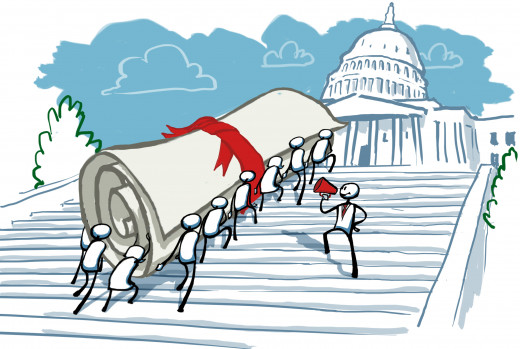
****************** Bill
Once the proposal is drafted from the consideration, it is considered a “Bill.”
The Bill would be presented to a Legislative Clerk Desk, aka… “The Hopper.”
****************** Committees
The Bill is passed along the “Subcommittees” and “Committees.” These committees are made up of small numbers of congresspersons or senators who “specialized” or have “expertise” knowledge in that field.
-----------> These are example of the committees:
- Agriculture
- Appropriations
- Budget
- Natural Resources
- Veterans' Affairs
- Foreign Relations
- Education and Labor
- Homeland Security
- Etc... (In total, there are around 50 Committees in congress.)
If a bill has any association, influences, or impacts on these related committees, then the committees will take the bill to be “Refined.”
- This means approving of what is considered RELEVANT.
- The committees will also determine what the bill; future law, may be if it is finalized into law.
- Once approved by said committee, they would then send it to the full body of congress after all refinement. (Amendment to the bill.)
****************** Debate
At Congress; both House and Senate, the member can “pick apart” the bill if the amendment toward the bill was not enough to satisfy the members of Congress; either the House of Representatives or Senate.
- Asks of the consequence of passing the bill, requirements, regulation, impacts, and etc.
- If a person does not like a certain part of the bill, they can ask for some amendment to be made.
Example:
- Say a bill wants to increase taxes on everyone whose earnings are above 50 millions at 10%. A person may suggest to increase or decrease, which may be met with either approval or disapproval in regards to political party and constituents interests.
****************** Voting
The Bill needs a majority to pass the chamber to the next chamber.
- Voting are done either by "Yea," Nay," or "Present."
- “Present” is a way for Senators or Representatives to say: They were in SESSION, but did not vote.
Why do some choose to use "Present" vote?
- This is seen when bills they are supportive of may be against some of their constituents' interests, and voting “Nay” may cause harm instead as perhaps some constituents wanted this bill to pass into law.
- Is it therefore seen that voting for "Yea" may harm their reputation with their constituent while voting "Nay" is a more negative option.
This step of "Debate" is repeated again in the other congress chamber where any amendment or modification would set back the bill. Therefore... the bill needs to be entirely approved with the same modification as agreed on by both chambers.
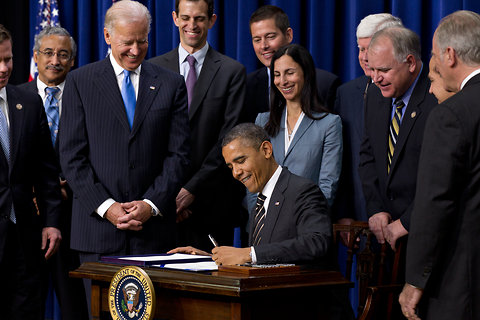
****************** Enrolled
When a bill is due for consideration by the U.S. President.
- If both chambers accept the final draft of the bill and is it approved, is it then sent to the White House or president for approval.
The President responsibility:
- Signed bill into law.
- Pocket Veto occurs when 10 days have passed and the bill has not been vetoed, is it therefore now a LAW.
- Veto
Vetoing meant that the bill is sent back to Congress where it would undergo changes if the U.S. President did not like parts of the bill. Or… Congress may deem that the bill is final and is needed to become law. This would mean that the Senate and House of Representatives would reapprove the bill by a majority that bypasses the president's veto authority and becomes law.
Do you like to read this content? If so, please contribute to the author for more contents such as these!
Check out my article on how a bill never becomes a law!
Thank you!
© 2020 Dechawat Arsanam

